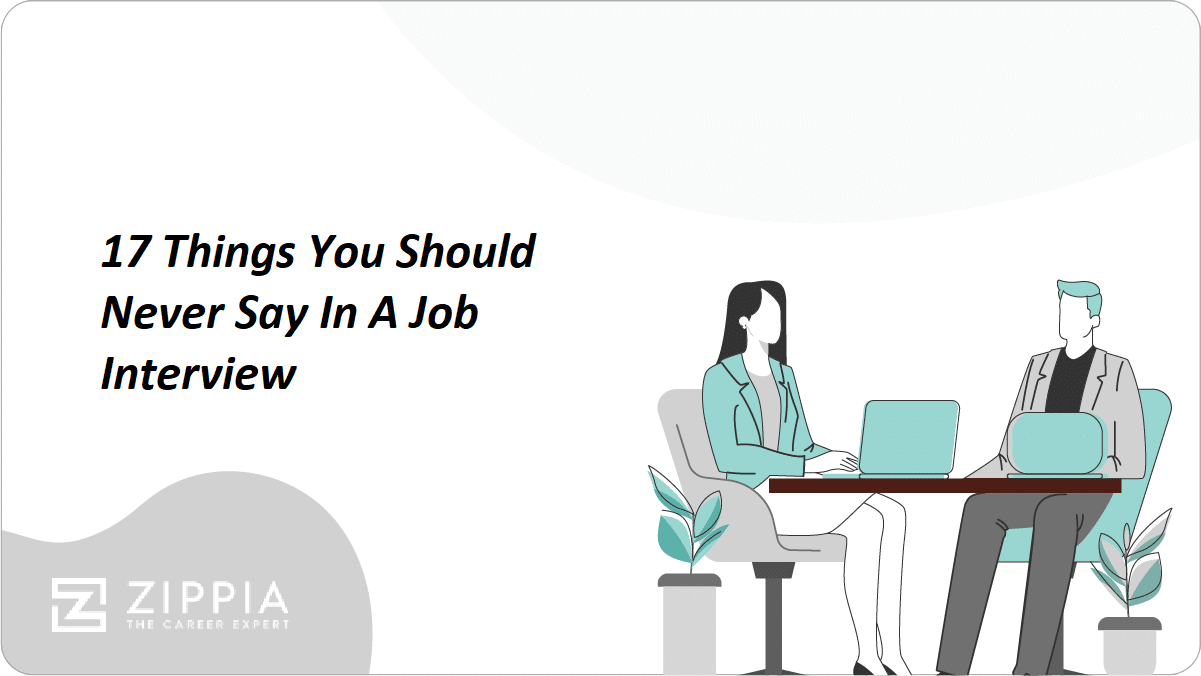- Demographic Based
- Interest Based
- Location Based
- Pay Based
- Requirement Based
Find a Job You Really Want In
If you’re looking for a new job but not finding success where you want it, consider the Federal Government. Each year, the Federal Government hires thousands of new workers. With over 1.7 million jobs that span 400 occupational specialties, it is the largest single employer in the country.
But landing a federal job can be an overwhelming and sometimes frustrating process. However, if you land employment within the federal government, the process will be well worth it. The government touches all aspects of our lives as civilians; our environment, what we consume, homeland security, and helping the impoverished.
It’s important to note that not all of the jobs offered by the federal government reside in Washington, D.C. Depending on where you live and what you’re interested in, you could find a federal government right in your backyard or even working remotely.
If you’re not sure what type of job you want or don’t understand how to navigate the complicated process, it can be difficult to discern which website to look through, and you may be quickly overwhelmed by the number of open job announcements. However, if you understand the process even from a high level, you can focus your efforts on jobs that truly suit your skills, interests, and desired salary.
What Are Government Jobs?
Government jobs are similar to any other job you might have where a specific organization or company employed you. Obviously, under a government job, you’d be employed by the government, which can provide not only a sense of financial security but honor in serving your community and the country as a whole.
There are jobs available in a wide variety of industries across the federal government:
-
Law, law enforcement, and security. Finding a job in law, law enforcement, or security is available across sectors of the government, including the federal government. It’s a demanding job but incredibly rewarding.
If you have the right training and are interested in keeping your community and your country safe, you can pursue a job in law enforcement or security. Equally as important, if you have a legal degree, you can pursue a legal government career as an attorney, judge, or paralegal.
-
Medicine, social work, and education. Ensuring public health and policy are up to date and for the good of the public is essential to our government. If you work in a medical or educational field, you can pursue these types of jobs within the government.
-
Science and engineering. These fields have a wide variety of sub-fields and specialties to get immersed in. The federal government is always looking for employees trained in science and engineering who have specialized in particular areas of study.
Civil engineering, electronic engineering, and mechanical engineering are typical career paths for many engineers, while agriculture, environmental studies, astronomy, and biology are common for those interested in the sciences.
-
International relations. One of the most important jobs in our federal government is ensuring we have proper relationships with foreign governments. To that end, the government is always looking for fluent multilingual speakers who can assist in international relations. You can find a career as a linguist, analyst, officer, or intelligence specialist.
-
Business and technology. Business and technology make up the biggest and most critical pieces of the government. Business specialists are required to help manage the economics, financial departments, and human resources.
Technology is essential due to how quickly things evolve. Governments are always in need of additional programmers, information technologists, and computer science specialists.
-
Administrative. Like any other office or organization, governments need administrative experts to help keep them organized and get things done. You can find work as a database administrator, administrative assistant, or office clerk. These are the jobs that keep things moving, so don’t overlook them.
How to Apply for Government Jobs
Your first search should be on USAJobs.gov. Almost all federal job openings will be available on this website, so ensure you bookmark it for later reference. Job openings will include details about requirements, qualifications, benefits, and application instructions. Take some time to look through agency and professional field pages to find any open positions in your area of interest.
The qualifications listed in each specific job announcement will give you important insights into the general requirements and expectations of any given job. You’ll only want to focus on the positions where you are confident you can fulfill the background, training, and experience the agency seeks. While you may have previously applied for jobs that might have been below your qualifications, it’s important to note that the federal government will not accept applicants if they can’t readily meet all of the qualifications listed.
If you are a veteran, you will have an option of veteran’s preference, which means you’ll have a distinct advantage over similarly qualified non-veterans. You’ll need to have documentation of general or honorable discharge. Similarly, if you worked in the Peace Corps as a volunteer or in AmeriCorps VISTA, you will receive a similar preference.
The federal government will not consider incomplete applications, so it is critical that you check and double-check that you have completely filled out all of the application questions and supplied all necessary transcripts and information asked for. This may include letters of recommendation, writing samples, and a resume, depending on the job you are applying for. Know this before you begin your application process and come prepared with what you have.
Another thing to note about federal jobs is that you should prepare to submit a multi-page resume. While typical resumes are recommended to be, at most, two pages, a resume for a federal government position should include more detail and can be between two to five pages. You will need to elaborate deeply on the duties of your previous jobs, accomplishments, skills, certifications, and even experiences outside of the workplace that can qualify you for the job at hand. Be prepared to provide salary history and work references as well.
Don’t forget to be persistent. Oftentimes applying for a federal government job requires patience as it is typically a very slow process. Depending on the agency with which you are applying, your application might get through the system more quickly or slowly than others. Remember, you’ll be competing against hundreds if not thousands of other qualified applicants.
Use the USAJobs.gov website to create an account to apply for the jobs and track your application’s status. You might also be able to do this by logging into the agency system you used to submit the initial application.
If you don’t hear back after a few weeks or after the date you were expecting a response, it’s okay to reach out to the contact person listed on the initial job application announcement. You can follow up by phone as well, but you’re less likely to get an immediate response. Email is the easiest way to go, and you can consider following up with a phone call.
If you are called in for an interview, you’ll be on the final list of applicants. You may still need to beat out others for the final opportunity at the position, so interviews are incredibly important to set yourself apart from the other applicants in your pool.
Spelling out your specific qualifications is only the first hurdle you’ll need to overcome. Hiring managers want to see and understand that you’re committed to the agency, its mission, and your job. You can articulate this appropriately when you go in for your interview. Consider preparing a short list of notes that will help you in your interview. Refer back to them when you explain why you’re the perfect choice for the specific job and how dedicated you are to the government and its goals.
Security Clearances, Background Checks, and Other Certifications
Depending on the type of federal job you’re applying for, you may need to have a certain security clearance. For almost all jobs, you’ll need to complete a basic background check to make sure you’re suitable for the job.
Background checks look for character traits such as loyalty, trustworthiness, and reliability. You may also be required to provide information to allow hiring managers to look into your past job conduct. You can be denied employment with the federal government for a variety of reasons, some of which include: financial irresponsibility, poor credit, drug or alcohol abuse, arrest history, or misconduct on a previous job.
Security clearances grant people access to classified information, systems, and facilities on a “need to know” basis. The process varies for full-time employees, contractors, and military members, but the background investigation for security clearance will be more in-depth than one that’s done for suitability determination.
You may also be required to complete a civil service exam for specific jobs. There is no mandatory single civil service exam to cover all federal jobs, but individual agencies might require additional testing for certain positions. Ask the agency you’re applying to for any more information or clarification if you’re uncertain.
- Demographic Based
- Interest Based
- Location Based
- Pay Based
- Requirement Based





